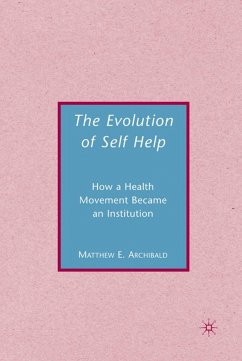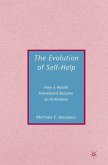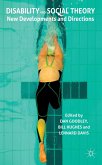This book examines the institutionalization of self-help in the United States using organizational and social movement theories. Looking at a fifty-year period, Archibald charts the formation and dissolution of over 500 medical, academic, and popular organizations. He explores the ways in which the marginal practices of sufferers of chronic conditions like Parkinson's or alcoholism became the common solution for all manner of medical, behavioural, and psychological problems.
"Archibald has quantitatively estimated the legitimacy of self-help organizations via a comprehensive, careful, and original examination of medical, academic, popular, and political opinion on these groups (in newspapers, journals, and congressional hearings), and analyzed competition for resources among the groups utilizing all of these data. This book is a very relevant reference tool for anyone interested in the phenomenon of self-help in the U.S."








